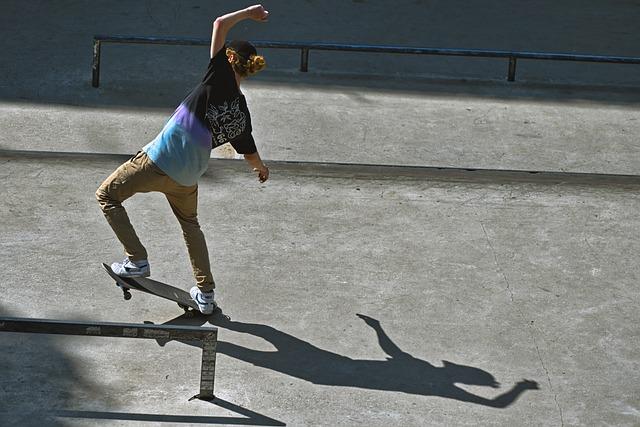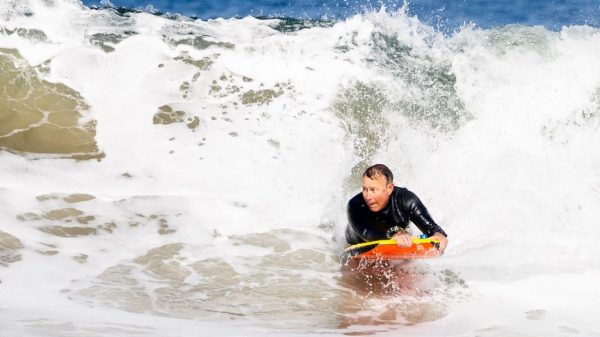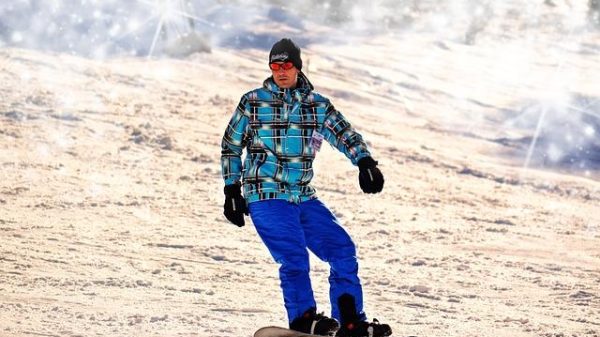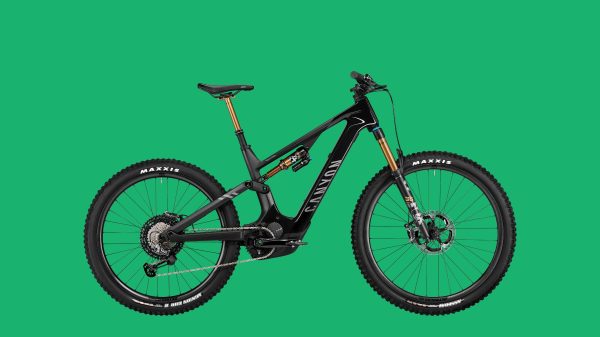Choosing the right wheels for your skateboard can make all the difference in your riding experience, whether you’re cruising down city streets, mastering tricks at the skatepark, or carving up a downhill run. With so many options available, finding the perfect set can seem overwhelming, but fear not! This guide is here to help you navigate the world of skateboard wheels with confidence and enthusiasm. By understanding the key factors such as size, hardness, and material, you’ll be well-equipped to select wheels that match your style and elevate your skating to new heights. Let’s dive into the details and get you rolling with the perfect setup for your unique needs and aspirations.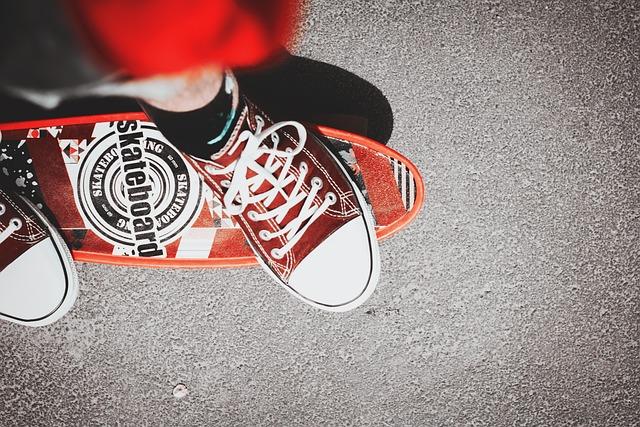
Understanding Skateboard Wheel Sizes and Shapes
Choosing the right skateboard wheels is essential for optimizing your ride experience, and understanding the different sizes and shapes can make all the difference. Skateboard wheels are typically measured in millimeters and range from 50mm to 75mm. Smaller wheels (50mm-54mm) are perfect for technical tricks and street skating, offering a lightweight and responsive feel. If you’re into cruising or downhill skating, larger wheels (60mm-75mm) provide a smoother ride and better speed control. Medium-sized wheels (55mm-59mm) offer a versatile option for those who enjoy both park and street skating.
- Small Wheels (50mm-54mm): Ideal for street skating and technical tricks.
- Medium Wheels (55mm-59mm): Versatile choice for park and street skating.
- Large Wheels (60mm-75mm): Best for cruising and downhill for a smoother ride.
Beyond size, wheel shape plays a crucial role in performance. Rounded wheels provide less friction, making them great for slides and tricks. Square-edged wheels offer more grip, perfect for ramps and bowls. For those who want a bit of both, conical wheels offer a balance between grip and slide. Consider what terrain and style of skating you prefer, and let your wheel choice enhance your skateboard adventures.
- Rounded Wheels: Less friction, great for slides and tricks.
- Square-Edged Wheels: More grip, ideal for ramps and bowls.
- Conical Wheels: Balanced grip and slide for versatile performance.
Exploring Wheel Hardness for Different Skating Styles
Understanding the hardness of skateboard wheels is crucial for tailoring your setup to your preferred skating style. Wheel hardness is measured on the durometer scale, typically ranging from 78A to 101A. Softer wheels (78A-87A) are ideal for cruising and longboarding, providing a smooth ride over rough surfaces. These wheels absorb vibrations, making them perfect for skaters who enjoy a laid-back, comfortable ride.
- Cruisers & Longboards: Opt for wheels in the 78A-87A range for a smooth and forgiving ride.
- Street Skating: Choose wheels in the 88A-95A range for a balance between grip and slide.
- Park & Ramp Skating: Consider wheels from 96A to 101A for a harder, faster ride with minimal grip.
For street skaters, wheels in the 88A-95A range provide a balanced mix of grip and slide, allowing for versatility in tricks and surface adaptation. Park and ramp enthusiasts might prefer harder wheels (96A-101A), which offer a faster roll and better performance on smooth surfaces. Remember, the right wheel hardness can enhance your skating experience, giving you the confidence to push your limits.

Choosing the Perfect Wheel Material for Your Ride
When it comes to selecting the ideal wheel material for your skateboard, understanding the nuances can significantly enhance your ride experience. The two most popular materials are polyurethane and plastic, each offering distinct advantages. Polyurethane wheels are the go-to choice for most skateboarders. They provide excellent grip, shock absorption, and durability, making them suitable for both street and park skating. These wheels are known for their versatility and ability to handle various surfaces with ease.
On the other hand, plastic wheels might be appealing if you’re on a budget or just starting out. They’re lightweight and offer a smoother ride on rough surfaces, but they may wear down quicker than polyurethane. Consider the following factors when choosing your wheels:
- Durability: Opt for materials that withstand wear and tear.
- Grip: Ensure the wheels provide adequate traction for your skating style.
- Terrain: Choose wheels that match the surfaces you frequently ride on.
- Budget: Balance quality with affordability to find the best value.
By weighing these factors, you can select wheels that not only suit your needs but also enhance your overall skateboarding experience.
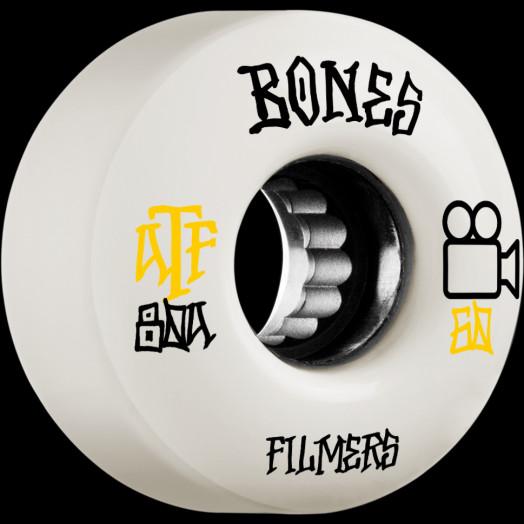
Tips for Matching Wheels with Your Skateboard Setup
Finding the perfect wheels for your skateboard can significantly enhance your riding experience, whether you’re cruising the streets or shredding at the park. Consider these essential factors when selecting wheels to match your skateboard setup:
- Diameter: Smaller wheels (50-54mm) are ideal for technical tricks and street skating, offering better control and lighter weight. Larger wheels (55-60mm) provide greater speed and stability, perfect for vert ramps and cruising.
- Durometer: Wheel hardness is measured in durometer, with lower numbers being softer and providing more grip. Softer wheels (78A-87A) are great for rough surfaces, while harder wheels (88A-101A) are better for smooth parks and tricks.
- Shape: The wheel’s shape affects performance. Wider wheels offer more stability and grip, ideal for downhill or cruising, while narrower wheels are lighter and faster, making them suitable for technical tricks.
Ultimately, the right wheels will complement your skate style and environment, enhancing your ability to perform and enjoy your ride. Experiment with different combinations to find what feels best under your feet!
